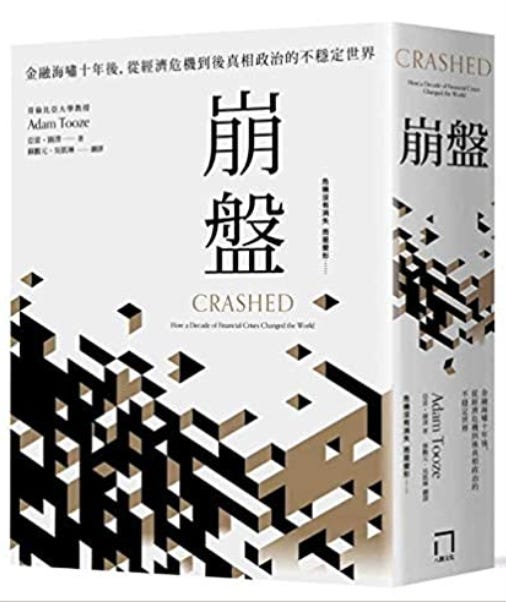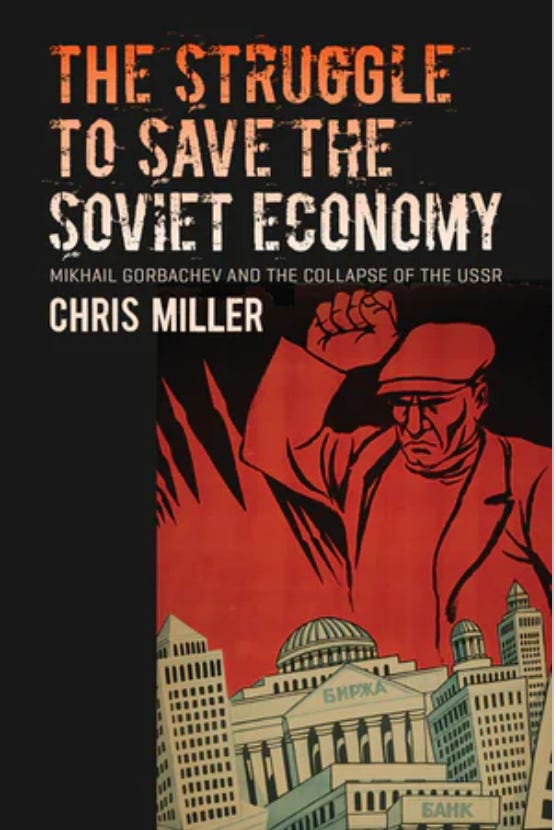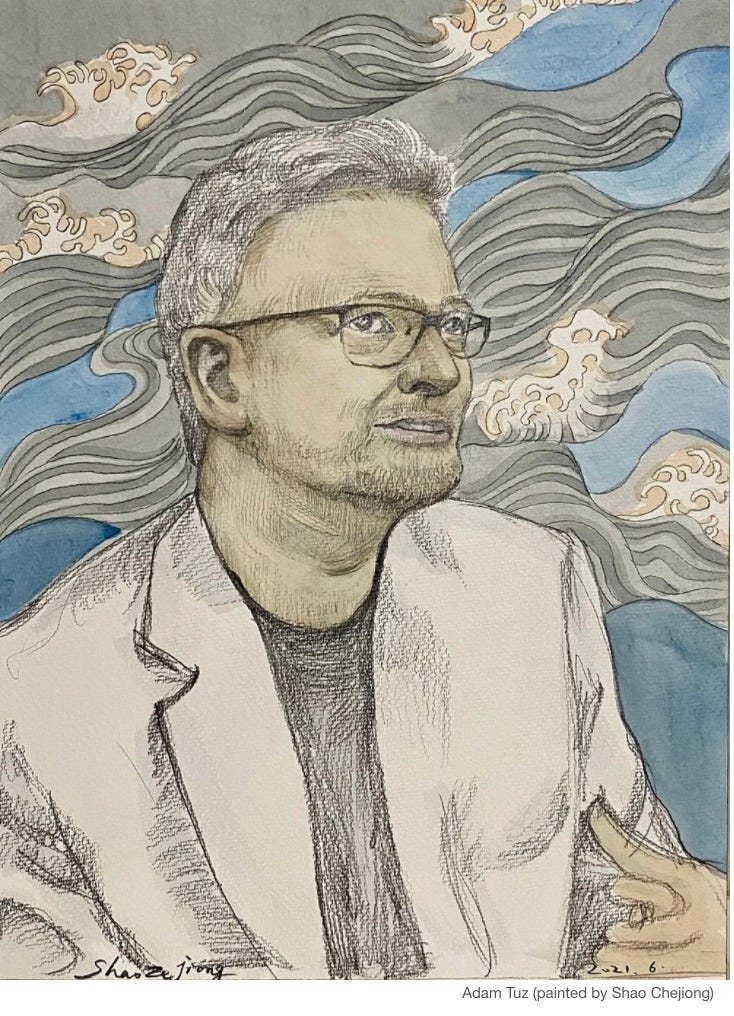Chartbook Top Links #1
1st in a series of posts with interesting links for Chartbook supporters.
I’m delighted and grateful that so many people are showing their support for Chartbook Newsletter by signing up as paying subscribers. It has been a big boost. Thank you!
To broaden and deepen that community, for paying subscribers, I am going to do a semi-regular weekly post that brings together interesting reading, podcasts and other links.
In the comments it would be great if subscribers would like to share their latest enthusiasms. No need for more than a quick line with a link.
“Been listening to this podcast and loving it. Check out the episode …”.
“Weber’s new book is as good as everyone is saying it is”.
“Don’t miss this article in The Guardian …”.
I look forward to hearing from you about the cool stuff you are into!
The first two Top Links will be going out to the entire Chartbook Newsletter email list. From August it will be exclusive for paying subscribers.
If you would like to join Chartbook’s supporters, hit the button below.
Reading for the week? I’ve been getting into Chris Miller’s fantastically interesting book on The Struggle to Save the Soviet Economy. Mikhail Gorbachev and the Collapse of the USSR.
Miller does a great job explaining how the late Soviet Union reconsidered its hostility toward China and tried and failed to imitate China’s reforms. It makes a great complement to Isabella Weber’s much-discussed book How China Escaped Shock Therapy.
I’m going to be discussing both of them in a review essay on the “1989 moment” for Noema Magazine, later in the summer.
Deluge and Crashed just came out in Mandarin this week. Crashed looks super cool in the Chinese edition.
Finding myself in the Shanghai Book Review talking to the brilliant Yanjie Huang was quite a trip. The interview is in Mandarin, but google translate does a great job. It was an exceptionally interesting conversation about China, Europe and the US in the long twentieth century.
Lately, I’ve been getting into Alex Doherty’s fabulous podcast series Politics Theory Other. Consider subscribing on Patreon. This episode with Robbie Shilliam on Enoch Powell as Britain’s first neoliberal politicians is outstanding.
Weirdest link: “Sex with Stalin”, the FT’s Tom Faber on the crazy world of Russian video games.
Paywalled (probably for the best) but this gift link should work for three lucky people.
Upcoming from me: look out for a long essay in the New Statesman on China’s 20th century and the struggle for economic development.
To accompany the New Statesman piece, Chartbook Newsletter #28 at the weekend is going to take a deep dive into a fascinating time capsule: The World Bank’s first report on China’s economic and social development in 1983.
Question of the week. I was filming a long interview for German public TV channel ZDF today and the director Dirk Laabs asked me a really interesting question:
“How did the 2008 crisis supercharge the rise of Blackrock?”.
The question is great because it hits on the hinge between the 1990s and 2000s era of mega banks and the post-2008 era of giant asset managers. If you know anything particularly good to read on the topic, please let me know by putting it in the comments.
If you’ve enjoyed this post and are looking forward to more Top Links, all you have to do is pick a subscription to Chartbook from the menu.
To all of you who already have, a HUGE THANK YOU!
Onwards, AT











Re: BlackRock & the financial crisis, perhaps you've already seen Benjamin Braun's 'Asset Manager Capitalism as a Corporate Governance Regime' & Petry-Fichtner-Heemskerk's 'Steering capital: the growing private authority of index providers in the age of passive asset management'.
PFH identifies "two reinforcing trends [triggered by the financial crisis] that transformed index providers from merely supplying information to exerting authority. First, the global index industry concentrated. ... The second and more consequential trend was the money mass-migration towards passive investments". Braun's explanation of the first is that "while the contingency of the 2008 financial crisis played an important role, concentration in the financial sector has been driven by some of the same forces as concentration in labor and product markets". For the second, "the financial crisis of 2008 accelerated the shift from expensive active funds into low-cost index funds" who enjoy network effects and economies of scale, making their shares more liquid as more investors pile in.
Braun's claims seem to mean that while the crisis gave an added boost to already-existing forces pushing toward concentration, investors also began to feel acutely unsure of the volatility of active investment. Somehow maybe not an entirely satisfying answer... & includes nothing specific about BlackRock vs other AMs.
Enjoyed your interview in The Shanghai Book Review. Fresh perspective.